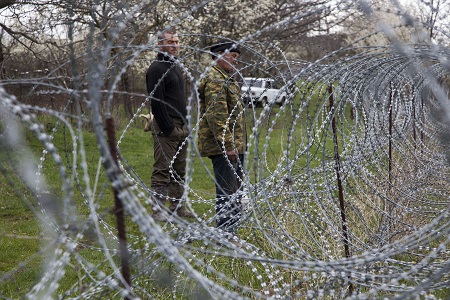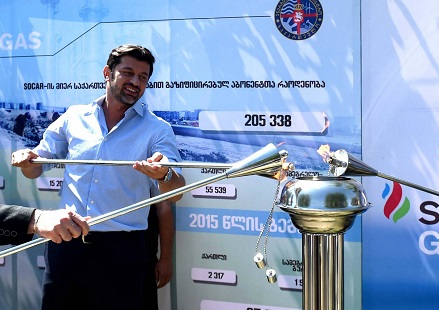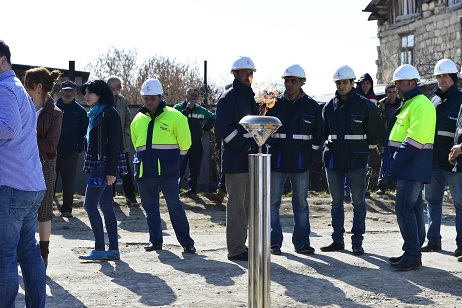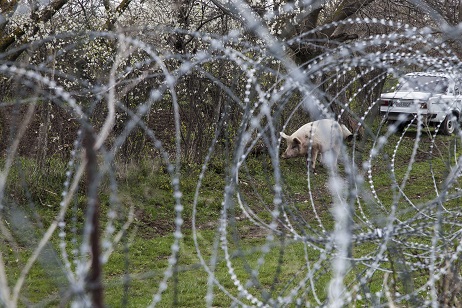PM urges experts to solve problems in villages affected by Russian ‘borderisation’

Georgia’s Prime Minister Irakli Garibashvili is calling on a temporary Governmental Commission to come up with a proper solution to address the problems that exist at the Administrative Boundary Line (ABL) between breakaway Tskhinvali region (South Ossetia) and the rest of Georgia.
Garibashvili met with Commission members today and discussed ways to address educational and health problems as well as the vital services that are still greatly in need, including development of a reliable gas supply, water system and other basic infrastructure.
Deputy Minister of the Ministry of Georgia for Reconciliation and Civic Equality, Ketevan Tsikhelashvili attended today’s meeting and said the PM’s comments were valid.
"Prime Minister's involvement in the Commission emphasizes that responding to the needs of the population living in villages near the Administrative Boundary Line is one of the top priorities of the Government.”
Authorities had already taken action to address the needs of those living at the ABL but realised more needed to be done.
Earlier this month two Georgia villages located near the occupation line were supplied with natural gas for the first time.
SOCAR Georgia Gas built a 14km gas pipe allowing 510 families in the villages of Khurvaleti and Tsitelubani to connect to the main pipeline and access natural gas.
Typically once a central pipe was built in a village, families must pay up to 600 GEL to ensure their home was connected to the gas main. However thanks to a special Governmental project meant for villages near the occupation zone, people here can access gas for free.
When fully implemented, 58 villages in Georgia’s most troubled areas will have access to natural gas.
Between 2014 and now, the Government of Georgia carried out the following reforms in the affected villages:
- Free school transport in 22 villages;
- 2,335,400 GEL was allocated to 11,677 families;
- Schools and their libraries were renovated;
- Community centres opened; and
- A new medical clinic will serve 14,000 residents in Rukhisi village.
 Tweet
Tweet  Share
Share


